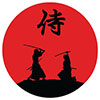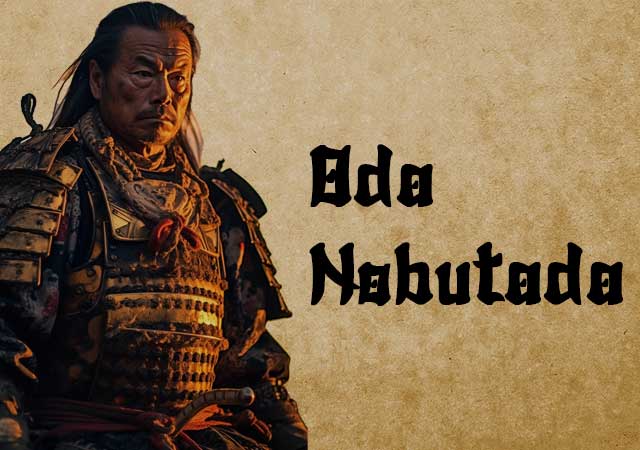
Oda Nobutada (1557 – June 21, 1582) was a samurai and the eldest son of Oda Nobunaga, known for his active role in several battles during Japan's Sengoku period. He led armies under his father's command in campaigns against Matsunaga Hisahide and the Takeda clan.
Born around 1557 in Owari Province, Nobutada was the eldest son of Nobunaga (although there are theories about an older brother, Oda Nobumasa). His nanny was Jotoku-In, the daughter of Takigawa Kazumasu, a senior vassal of Nobunaga. There is also speculation that Nobutada was adopted by Nohime, Nobunaga’s wife. His childhood name was Kimyo-Maru, which means "strange" in Japanese. He initially took the name Oda Kankuro Nobushige before later changing it to Nobutada.
During the Eiroku era, the Oda clan formed an alliance with the Takeda clan through a marriage agreement between Nobutada and Matsuhime, the sixth daughter of Takeda Shingen. This strengthened the connection between the Oda and Takeda families. However, after Takeda Shingen began attacking Tokugawa Ieyasu’s lands, an ally of Oda, the alliance deteriorated. The engagement was eventually canceled following Shingen's death, contributing to the collapse of the Ashikaga shogunate in 1573.
Nobutada served Nobunaga in various battles, including the Ishiyama Hongan-ji War, the Siege of Iwamura Castle in 1574, and the attack on Ise Nagashima. In 1577, he achieved a significant victory by defeating Matsunaga Hisahide in the Siege of Shigisan. He also led the Siege of Takato in 1582, defeating Nishina Morinobu, a commander of the Takeda clan.
At the Battle of Nagashino in 1575, Nobutada began his career as a supreme commander, leading forces in various battles against the Takeda. His military successes earned him increasing responsibilities. Nobunaga entrusted Nobutada with controlling parts of eastern Mino and Owari provinces, and he became more prominent within the Oda clan’s hierarchy, receiving prestigious ranks and titles.
In 1582, Nobutada led a large force of 50,000 troops in the conquest of Kai Province, where he captured key Takeda strongholds such as Takato Castle. His rapid advance forced Takeda Katsuyori to retreat and ultimately commit seppuku, marking the end of the Takeda clan. After this victory, Nobunaga praised Nobutada and gifted him a sword, signaling Nobutada’s role as his intended successor.
However, in June 1582, Nobutada's fate took a tragic turn when Akechi Mitsuhide, one of Nobunaga's generals, launched a surprise attack on Nobunaga at Honno-ji in Kyoto. While Nobunaga was forced to commit suicide, Nobutada, staying nearby, was also attacked by Akechi’s forces and followed his father in committing seppuku.
See also
-
Yamagata Masakage
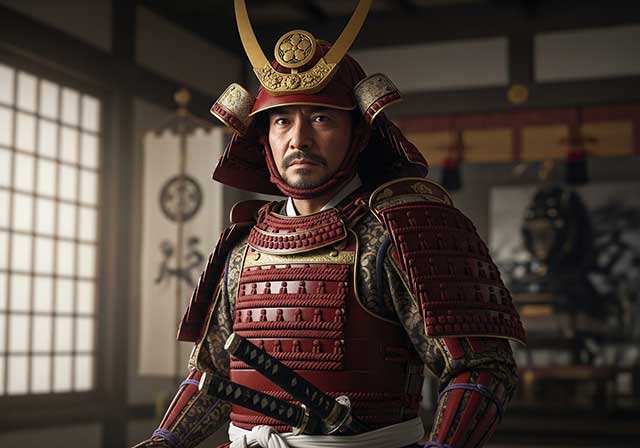
Masakage was one of Takeda Shingen’s most loyal and capable commanders. He was included in the famous list of the “Twenty-Four Generals of Takeda Shingen” and also belonged to the inner circle of four especially trusted warlords known as the Shitennō.
-
Yagyu Munenori
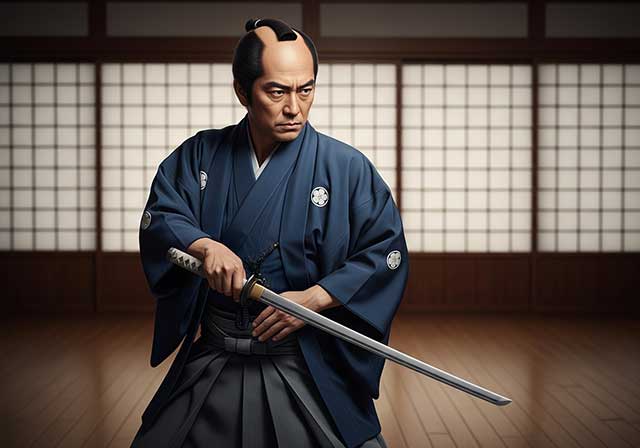
Yagyū Munenori began his service under Tokugawa Ieyasu while his father, Yagyū Muneyoshi, was still at his side. In 1600, Munenori took part in the decisive Battle of Sekigahara. As early as 1601, he was appointed a kenjutsu instructor to Tokugawa Hidetada, Ieyasu’s son, who later became the second shogun of the Tokugawa clan.
-
Yagyu Muneyoshi
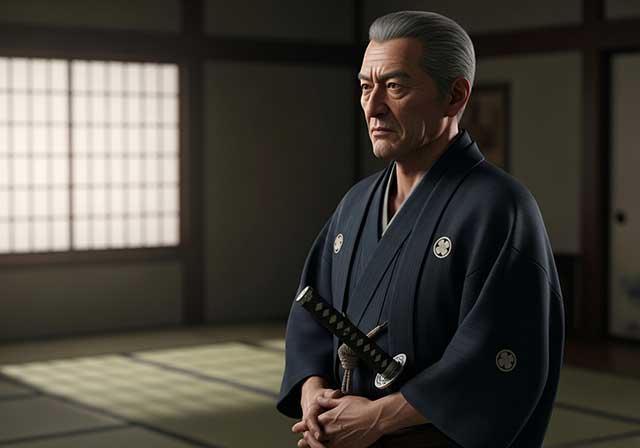
A samurai from Yamato Province, he was born into a family that had been defeated in its struggle against the Tsutsui clan. Muneyoshi first took part in battle at the age of sixteen. Due to circumstances beyond his control, he was forced to enter the service of the Tsutsui house and later served Miyoshi Tōkei. He subsequently came under the command of Matsunaga Hisahide and in time became a vassal first of Oda and later of Toyotomi.
-
Endo Naozune
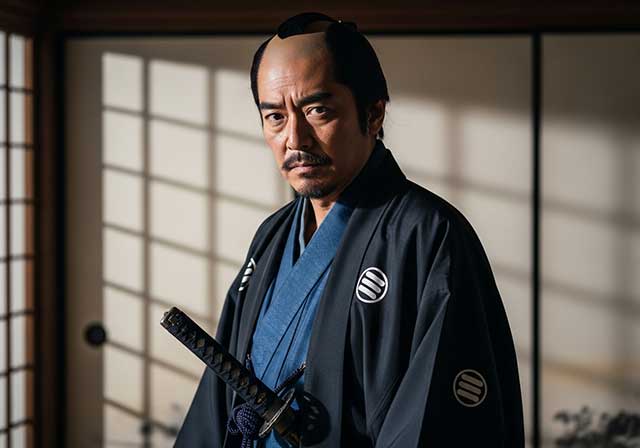
Naozune served under Azai Nagamasa and was one of the clan’s leading vassals, renowned for his bravery and determination. He accompanied Nagamasa during his first meeting with Oda Nobunaga and at that time asked for permission to kill Nobunaga, fearing him as an extremely dangerous man; however, Nagamasa did not grant this request.
-
Hosokawa Sumimoto
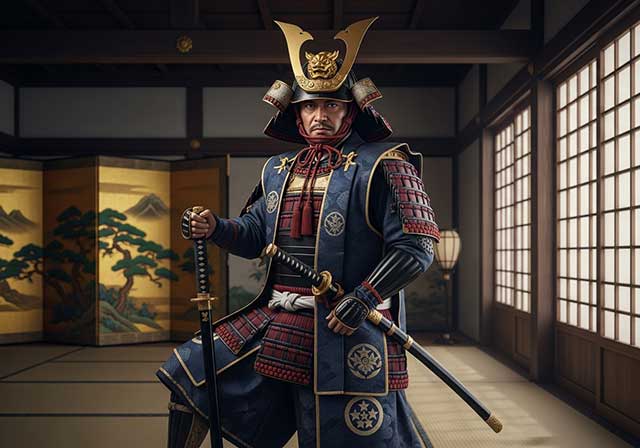
Sumimoto came from the Hosokawa clan: he was the biological son of Hosokawa Yoshiharu and at the same time the adopted son of Hosokawa Masamoto, the heir of Hosokawa Katsumoto, one of the principal instigators of the Ōnin War. Masamoto was homosexual, never married, and had no children of his own. At first he adopted Sumiyuki, a scion of the aristocratic Kujō family, but this choice provoked dissatisfaction and sharp criticism from the senior vassals of the Hosokawa house. As a result, Masamoto changed his decision and proclaimed Sumimoto as his heir, a representative of a collateral branch of the Hosokawa clan that had long been based in Awa Province on the island of Shikoku. Almost immediately after this, the boy became entangled in a complex and bitter web of political intrigue.
-
Honda Masanobu
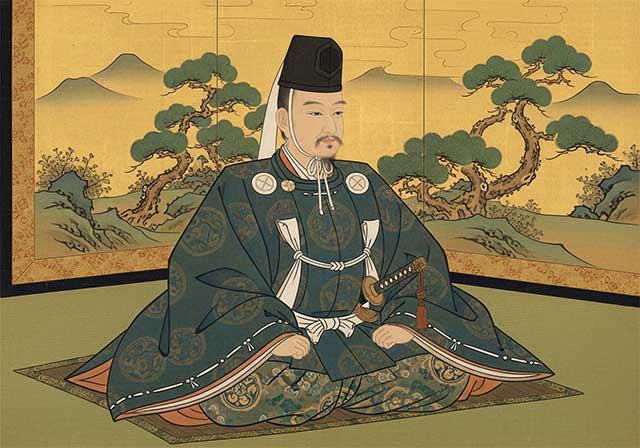
Masanobu initially belonged to the retinue of Tokugawa Ieyasu, but later entered the service of Sakai Shōgen, a daimyo and priest from Ueno. This shift automatically made him an enemy of Ieyasu, who was engaged in conflict with the Ikkō-ikki movement in Mikawa Province. After the Ikkō-ikki were defeated in 1564, Masanobu was forced to flee, but in time he returned and once again entered Ieyasu’s service. He did not gain fame as a military commander due to a wound sustained in his youth; nevertheless, over the following fifty years he consistently remained loyal to Ieyasu.
-
Honda Masazumi
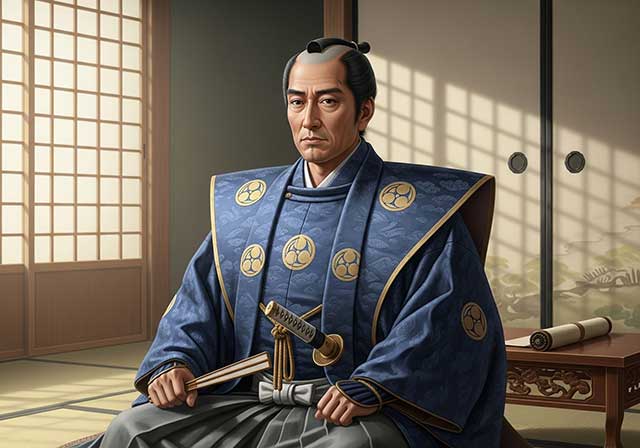
Masazumi was the eldest son of Honda Masanobu. From a young age, he served Tokugawa Ieyasu alongside his father, taking part in the affairs of the Tokugawa house and gradually gaining experience in both military and administrative matters. At the decisive Battle of Sekigahara in 1600, Masazumi was part of the core Tokugawa forces, a clear sign of the high level of trust Ieyasu placed in him. After the campaign ended, he was given a highly sensitive assignment—serving in the guard of the defeated Ishida Mitsunari, one of Tokugawa’s principal enemies—an obligation that required exceptional reliability and caution.
-
Hojo Shigetoki
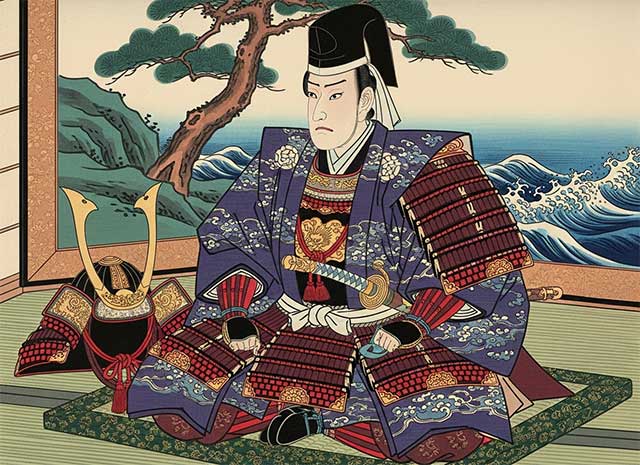
Hōjō Shigetoki, the third son of Hōjō Yoshitoki, was still very young—only five years old—when his grandfather Tokimasa became the first member of the Hōjō clan to assume the position of shogunal regent.

